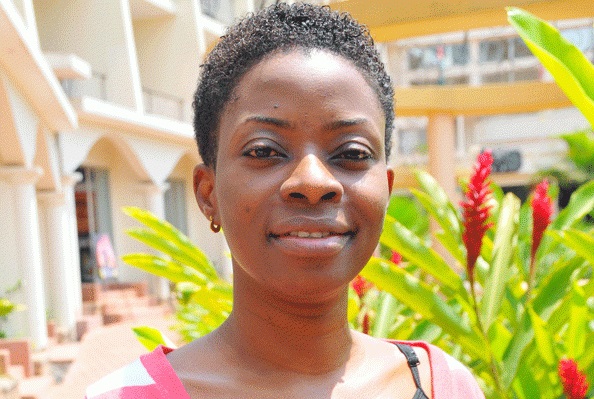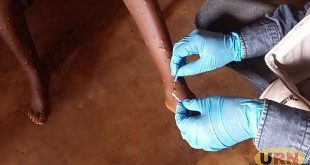
Kampala, Uganda | Isaac Khisa | Uganda’s failure to implement the anti-corruption laws is attributed to political interference, according to the new report, a situation that hampers investigation and proper prosecution of alleged corrupt officials.
The study carried out by the Anti-Corruption Coalition Uganda with support from the Democratic Governance Facility to assess the status and level of implementation of the Anti-Corruption Act 2009 as amended, also found out that while the law has inherent weaknesses responsible for its poor implementation, external factors have also contributed to the current limitations in the implementation of its provisions.
“In terms of the inherent weaknesses, the law lacks comprehensive witness protection mechanism and some offences such as the abuse of office and causing financial loss are vaguely defined,” said Cissy Kagaba, executive director at ACCU.
“As a result, such offences are difficult to prove and the corrupt have been able to walk away scot-free, contrary to the objectives of the law.”
The report also notes that vesting the mandate to investigate and prosecute corruption in both the Inspectorate of Government and the Director of Public Prosecution also created unnecessary overlaps which increased the risk of duplication and likely wastage of resources in the absence of a clear coordination mechanism.
To make the situation even worse, the IG and the DPP lack the necessary financial and human resources to execute the mandate.
Similarly, the penalties provided were far more lenient as compared to the gravity of the offences and the conviction-based asset recovery made it difficult for the state to recover property secured using proceeds of corruption.
“In some cases, the implementation of the law is limited by the absence of the subsidiary legislation that among others, defines in greater detail the procedural steps that must be taken in the confiscation and management of property obtained using proceeds of corruption,” the study notes in part adding, “similarly, although the law empowers the minister for enter into reciprocal agreements with other states for purposes of investigation and asset recovery, this is yet to happen.”
This comes at the time when Uganda is still ranked as one of the most corrupt countries in the world yet has a stellar anti-corruption legislation.
Possible remedies
Xavier Joy, director for Action Aid International Uganda said there’s need to urgently introduce a comprehensive witness protection legal and institutional framework for the enhanced protection of witnesses and informers in the context of investigation and prosecution of anti-corruption cases.
“There’s also need to reinstate requirement for leaders to declare wealth held and owned by their spouses and children under the Leadership Code Act, 2002, as amended so as to make it easy to trace and recover assets obtained using proceeds of corruption,” he said, adding that there’s also need for government to enhance budgets and funding of the IG, Anti-corruption department of the DPP and other agencies to enable them effectively investigate corruption and other related offences.
He said beyond the current understanding, the IG and the DPP should also urgently formulate and agree on clear collaboration policy to guide their interventions and avoid unnecessary conflicts and overlaps in the exercise of the shared mandate.
 The Independent Uganda: You get the Truth we Pay the Price
The Independent Uganda: You get the Truth we Pay the Price



